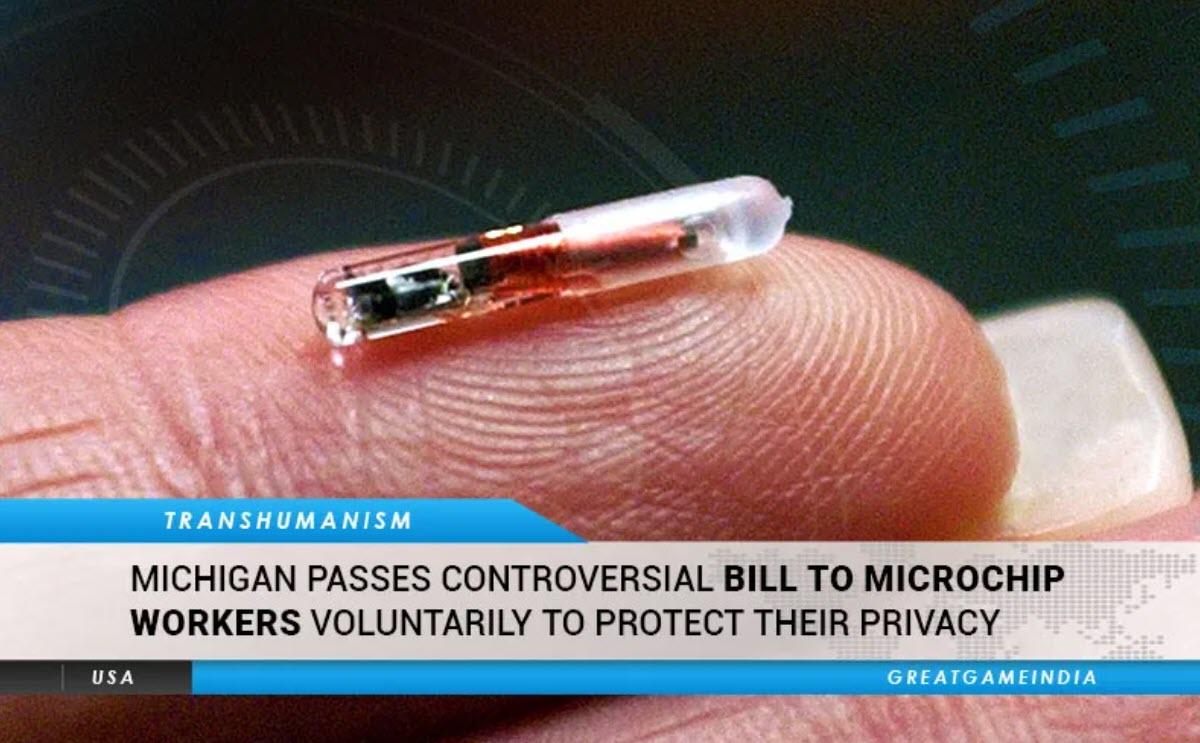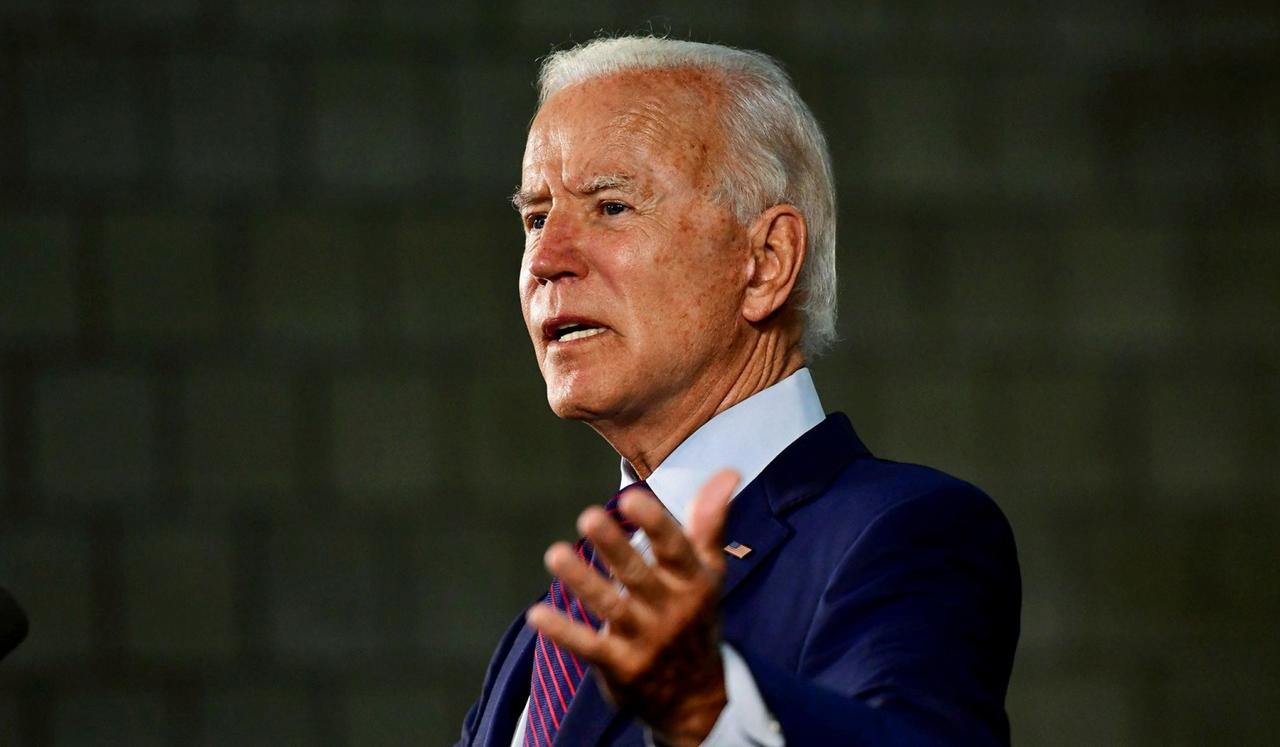Plans to start mining the Moon as early as 2025 became more attractive this week after a US National Aeronautics and Space Administration (NASA) team found evidence that the Earth’s natural satellite may, underneath its surface, be richer in metals than previously thought. Using data from the Miniature Radio Frequency (Mini-RF) instrument onboard NASA’s Lunar Reconnaissance Orbiter (LRO), a team of researchers came to the conclusion that the lunar subsurface contains a higher concentration of certain metals, such as iron and titanium, than estimated.
The study, published in the journal Earth and Planetary Science Letters, contends the most popular theory surrounding the Moon’s origins. The hypothesis contends the satellite was formed when a Mars-sized object collided with Earth, vaporizing large portions of the Earth’s upper crust.
“By improving our understanding of how much metal the moon’s subsurface actually has, scientists can constrain the ambiguities about how it has formed, how it is evolving and how it is contributing to maintaining habitability on Earth,” lead study author Essam Heggy said in a statement.
The evidence was discovered while the scientists were looking for ice at the bottom of craters in the lunar north pole region, NASA said. It means that fine dust found at the base of those holes are parts of the deeper layers of the Moon, ejected during meteor impacts. As such, this dust represents the composition in deeper Moon layers.
The researchers found a pattern in which larger and deeper craters have higher metal concentrations than smaller and shallower ones. Specifically, in craters approximately 1 to 3 miles wide, the dielectric constant or electrical property increased along with crater size. However, the electrical property remained constant for craters between three to 12 miles wide.
The researchers found a pattern in which larger and deeper craters have higher metal concentrations than smaller and shallower ones. Specifically, in craters approximately 1 to 3 miles wide, the dielectric constant or electrical property increased along with crater size. However, the electrical property remained constant for craters between three to 12 miles wide.
Order to mine
US President Donald Trump signed an order in April encouraging citizens to mine the Moon and other celestial bodies with commercial purposes.
The directive classifies outer space as a “legally and physically unique domain of human activity” instead of a “global commons,” paving the way for mining the moon without any sort of international treaty.
“Americans should have the right to engage in commercial exploration, recovery, and use of resources in outer space,” the document states, noting that the US had never signed a 1979 accord known as the Moon Treaty. This agreement stipulates that any activities in space should conform to international law.
Russia’s space agency Roscosmos quickly condemned Trump’s move, likening it to colonialism.
“There have already been examples in history when one country decided to start seizing territories in its interest — everyone remembers what came of it,” Roscosmos’ deputy general director for international cooperation, Sergey Saveliev, said.
Aircraft taking off from Ronald Reagan National Airport in Arlington, Virginia. (Public domain CC0 image.)
The proposed global legal framework for mining on the moon, called the Artemis Accords, would be the latest effort to attract allies to the National Space Agency’s (NASA) plan to place humans and space stations on the celestial body within the next decade.
It also lines-up with several public and private initiatives to fulfill the goal of extracting resources from asteroids, the moon and even other planets.
In 2015, the US Congress passed a bill explicitly allowing companies and citizens to mine, sell and own any space material.
That piece of legislation included a very important clause, stating that it did not grant “sovereignty or sovereign or exclusive rights or jurisdiction over, or the ownership of, any celestial body.”
The section ratified the Outer Space Treaty, signed in 1966 by the US, Russia, and a number of other countries, which states that nations can’t own territory in space.
Trump has taken a consistent interest in asserting American power beyond Earth, forming the Space Force within the US military last year to conduct space warfare.
The country’s space agency NASA had previously outlined its long-term approach to lunar exploration, which includes setting up a “base camp” on the moon’s south pole.
Trillion-dollar market
The US isn’t the first nor the only nation to jump on board the lunar mining train.
Russia has been pursuing plans in recent years to return to the moon, potentially travelling further into outer space.
Roscosmos revealed in 2018 plans to establish a long-term base on the moon over the next two decades, while President Vladimir Putin has vowed to launch a mission to Mars “very soon.”
Luxembourg, one of the first countries to set its eyes on the possibility of mining celestial bodies, created in 2018 a Space Agency (LSA) to boost exploration and commercial utilization of resources from Near Earth Objects.Unlike NASA, LSA does not carry out research or launches. Its purpose is to accelerate collaborations between economic project leaders of the space sector, investors and other partners.
Thanks to the emerging European network, scientists announced last year plans to begin extracting resources from the moon in five years.
NASA is working on lunar bases that can travel on wheels, or even legs, increasing landing zone safety, provide equipment redundancy and improve the odds of making key discoveries. (Image courtesy of NASA.)
The mission, in charge of the European Space Agency in partnership with ArianeGroup, plans to extract waste-free nuclear energy thought to be worth trillions of dollars.
Both China and India have also floated ideas about extracting Helium-3 from the Earth’s natural satellite. Beijing has already landed on the moon twice in the 21st century, with more missions to follow.
In Canada, most initiatives have come from the private sector. One of the most touted was Northern Ontario-based Deltion Innovations partnership with Moon Express, the first American private space exploration firm to have been granted government permission to travel beyond Earth’s orbit.
Space ventures in the works include plans to mine asteroids, track space debris, build the first human settlement in Mars, and billionaire Elon Musk’s own plan for an unmanned mission to the red planet.
Geologists, as well as emerging companies, such as US-based Planetary Resources, a firm pioneering the space mining industry, believe asteroids are packed with iron ore, nickel and precious metals at much higher concentrations than those found on Earth, making up a market valued in the trillions.




